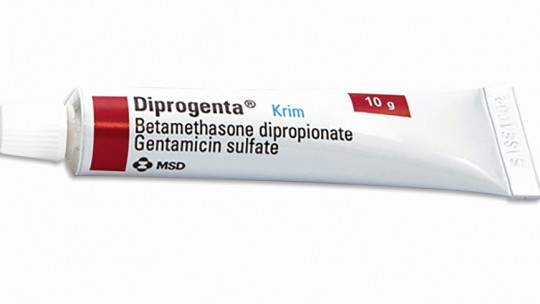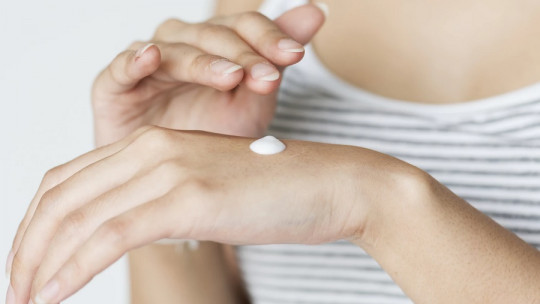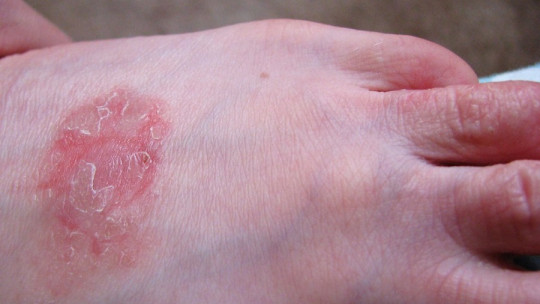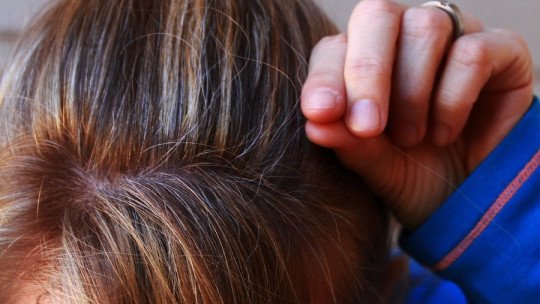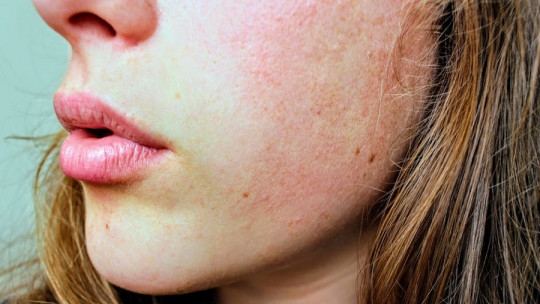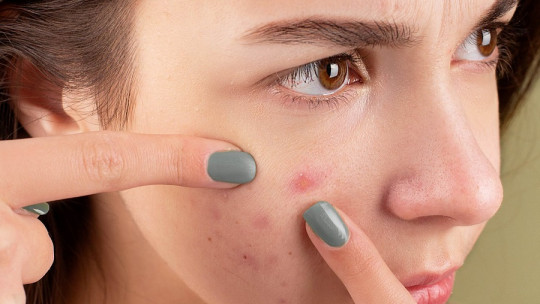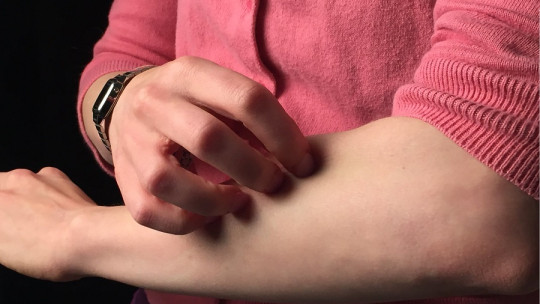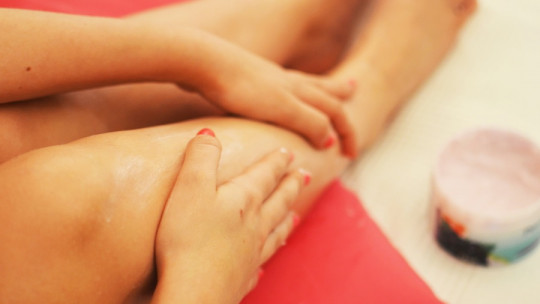Prolonged stress usually causes a series of negative conditions for those who suffer from it, such as sleeping problems, fatigue, changes in mood, concentration problems and can even cause some skin conditions.
Among the effects of stress on the skin we can find various signs such as the premature appearance of wrinkles, sagging skin, the appearance of skin spots, the appearance of itching, etc., and certain dermatological diseases can also develop due to stress, among other reasons, some of them being psoriasis, some types of dermatitis, etc.
In this article we will talk about the effects of stress on the skin and we will also explain some tips in order to take a series of measures that could help alleviate, as far as possible, the conditions caused by stress; It is recommended that you seek professional help in these cases.
Main effects of stress on the skin
Prolonged stress can cause the immune system to suffer serious alterations so it will not work correctly, so the pH of the skin could be altered, causing a wide variety of dermatological signs.
The most common signs that show the effects of stress on the skin are those that we are going to list below, some of them or even several of them may occur at the same time:
Dermatological diseases that can cause stress problems
In addition to the signs that may occur at a dermatological level due to suffering from high levels of stress over a prolonged period of time, Some dermatological diseases could also be triggered like the ones we are going to comment on below.
1. Excoriations
One of the effects of stress on the skin is the abrasions that develop when a person, in stressful moments and situations, has a tendency to compulsively scratch the skin in some areas of the body causing itching, thus causing irritation and tingling in that area, so that this area becomes more itchy and you will feel an even greater desire to scratch, thus generating a vicious circle that could last for a fairly long time.

2. Seborrheic dermatitis
Another effect of stress on the skin could be the development of seborrheic dermatitis, a dermatological disease that It tends to appear at times when a person suffers from high levels of stress and anxiety (e.g., when a student is in exam time, when a person is suffering from a greater workload than usual, etc.).
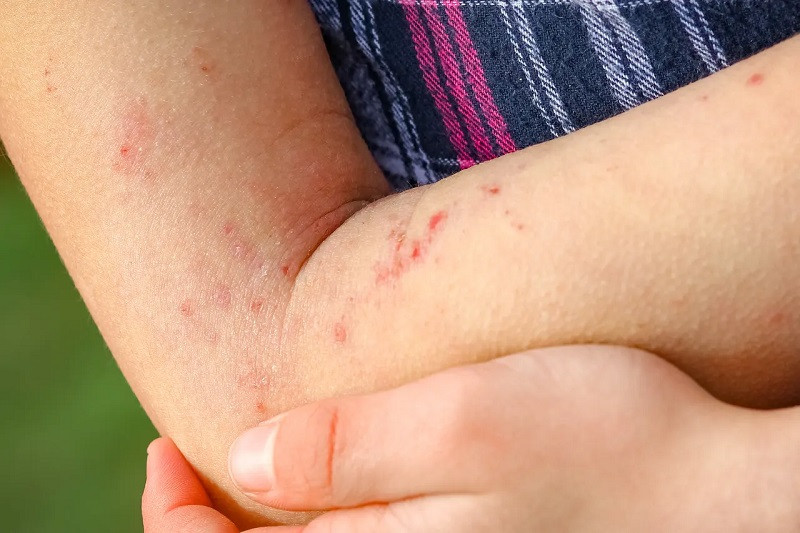
3. Atopic dermatitis
Atopic dermatitis has also been found in various patients who have been suffering from prolonged stress, so it would be another effect of stress on the skin. This type of dermatitis tends to develop due to various factors such as dehydration, infections, excessive sweating in certain areas, due to an irritant that has come into contact with the skin, due to environmental factors… However, There is also a relationship between the appearance of this dermatological disease and suffering from prolonged stress
In these cases, as can occur in the cases of excoriations, a vicious circle could also occur between the development of itching, which causes itching, and scratching, so that it could cause a worsening of the disease and the development of a disease. series of more serious complications.
4. Acne
Among the effects of stress on the skin we can also find the appearance of acne, which consists of appearance of pimples or blackheads on the skin in various areas such as the face, the back.
Although acne can develop due to various factors, there is no single cause, a close relationship has been found between this dermatological disease and stress, and it is not normally a very serious skin condition.
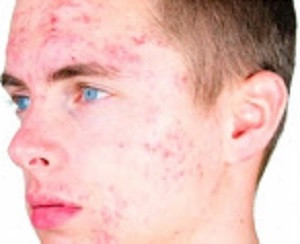
5. Psoriasis
Psoriasis can also be found among the effects of stress on the skin and consists of the development of an acceleration of the life cycle of cells so they die before they should, so that red spots and scales form on the skin surface that cause intense itching and could even cause pain.
This dermatological disease tends to be chronic and episodic, so it could subside for a certain time and appear again when the person suffers stress stages again.
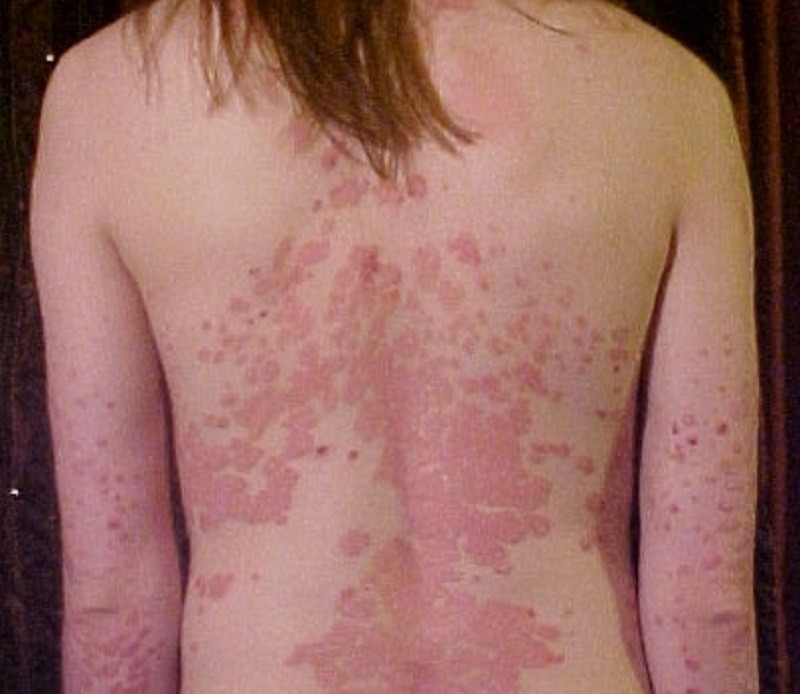
6. Hair loss
Within this series of effects of stress on the skin that could appear, there is also a possible loss of hair in some very specific areas of the scalp, being called in these cases as alopecia arrests It is a type of autoimmune disease that develops when the immune system attacks and destroys healthy hair follicles by mistake.
It should be noted that alopecia It is related to genetic predisposition , when there is a family history of this condition; However, a very close relationship has also been seen between more aggressive hair loss than normal and the fact of suffering from prolonged stress; In these cases, this condition is also known as nervous alopecia.
Psychological treatments and techniques against stress
Once we have seen what the effects of stress on the skin are, it is advisable that we know some psychological treatments and techniques that can be useful, combined with the recommendations of a dermatologist to alleviate the signs produced at a dermatological level when someone suffers from prolonged stress. , causing various problems, among which some dermatological conditions can be found.
1. Recommended behaviors and habits against stress
When a person suffers any of the possible effects of stress on the skin such as those we have just mentioned in this article, the first thing they should do is develop a series of behaviors that allow them to correctly manage stress and properly care for their skin. In case you fail to improve, It would be advisable to seek professional help ; both a dermatologist to correctly treat dermatological conditions, and a psychologist who could help you manage stress and possible behaviors and thoughts that could have a negative impact.
Regarding general recommendations and routines that can help mitigate this type of skin condition the measures that a person who is suffering from any type of dermatological condition caused by stress can begin to carry out are the following:
- Eat a healthy diet that does not lack essential nutrients and drink enough water to stay hydrated.
- Keep skin hydrated.
- Use creams that can help keep the skin in ideal conditions.
- Exercise regularly; since it is proven to help control stress levels.
- Maintain correct sleep and rest habits (regular rest schedule, sleep hygiene, etc.).
- Do pleasant activities.
- Establish limits, learning to say no when it exceeds your own possibilities.
- Practice techniques to manage stress (meditation, Mindfulness exercises, progressive muscle relaxation, etc.).
- Maintain healthy relationships.
- Maintain an active social life.
- Properly manage your workload and do not take your work home.
- Don’t be too self-demanding.
- Get into the habit of walking and, if possible, take a trip to a natural environment.
- Talk to someone you trust who can provide support during times of stress.
- Seek professional help if necessary.
In addition to all the actions that have been mentioned above, it would be advisable to seek professional help; A dermatologist can help treat skin conditions to control signs, and a psychologist can help manage stress.
2. Psychological treatment for stress
There are various psychological treatments to treat stress, and in this sense It is worth highlighting “present-focused therapy” (CPT) This psychological therapy can help in a complementary way to the measures recommended by a dermatologist in order to alleviate the effects of stress on the skin and other conditions that it could cause. The main objective of this therapy is for the patient to understand how stress has come to harm them at various levels, both in the field of health and in relation to personal experiences (e.g., at work, family, etc.). ).
This psychological treatment also incorporates a series of techniques such as cognitive restructuring against erroneous thoughts that could be worsening stress levels and also behavioral activation techniques, among others.
Another of the most important objectives is for the patient to acquire the habit of focusing his attention on the here and now, so that he can focus on his emotional states to be able to correctly identify them and talk about them in therapy, as well as so that you learn to tolerate stressful states and in this way do not look for escape routes that could worsen stress levels.


